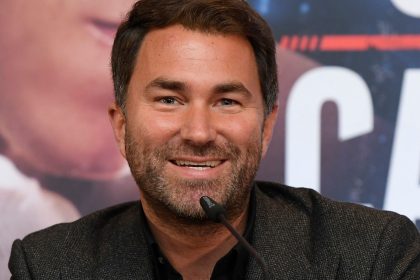Martin Halldin, the sound designer for the indie horror game Mouthwashing, recently celebrated one million soundtrack streams on Spotify. Despite this significant milestone, the financial returns have been underwhelming.
The game, which debuted during the February 2024 Steam Next Fest demo event, is a grim exploration of death and a critique of corporate bureaucracy. While its themes are heavy, the game has been praised for its depth, creativity, and strong stylistic identity, with a soundtrack that has clearly struck a chord with listeners.
Halldin jokingly commented on the minimal earnings from Spotify streams, tweeting that the revenue would only be enough to buy two hot dogs. This tongue-in-cheek remark highlights a broader issue with streaming platforms, where high audience engagement often fails to translate into meaningful income for artists. The comment drew attention to the ongoing disparity between streaming numbers and artist compensation.

In a follow-up, Halldin explained that he has not yet received any income from the streams due to Spotify’s delayed reporting to his distribution service. He estimated the potential revenue from the streams to be around $4,000, which he noted is comparable to a decent monthly salary. However, he emphasized that any earnings would be reinvested into his studio, Wrong Organ, to support future projects and extend the team’s ability to create.
For those intrigued by the game, Mouthwashing has been described as a unique and thought-provoking experience. Journalist Leon Hurley recommended the title for its emotional depth and distinct style, urging players to explore its themes and confront its challenges. He noted that the game’s impact is best understood by experiencing it directly, calling it both stylish and unsettling.
Halldin’s story sheds light on the difficulties faced by independent creators, even when their work achieves widespread recognition. His commitment to reinvesting potential earnings into his studio demonstrates a long-term vision for creative growth. At the same time, his reflections on Spotify’s financial model underscore the challenges artists face in transforming audience appreciation into sustainable income.






